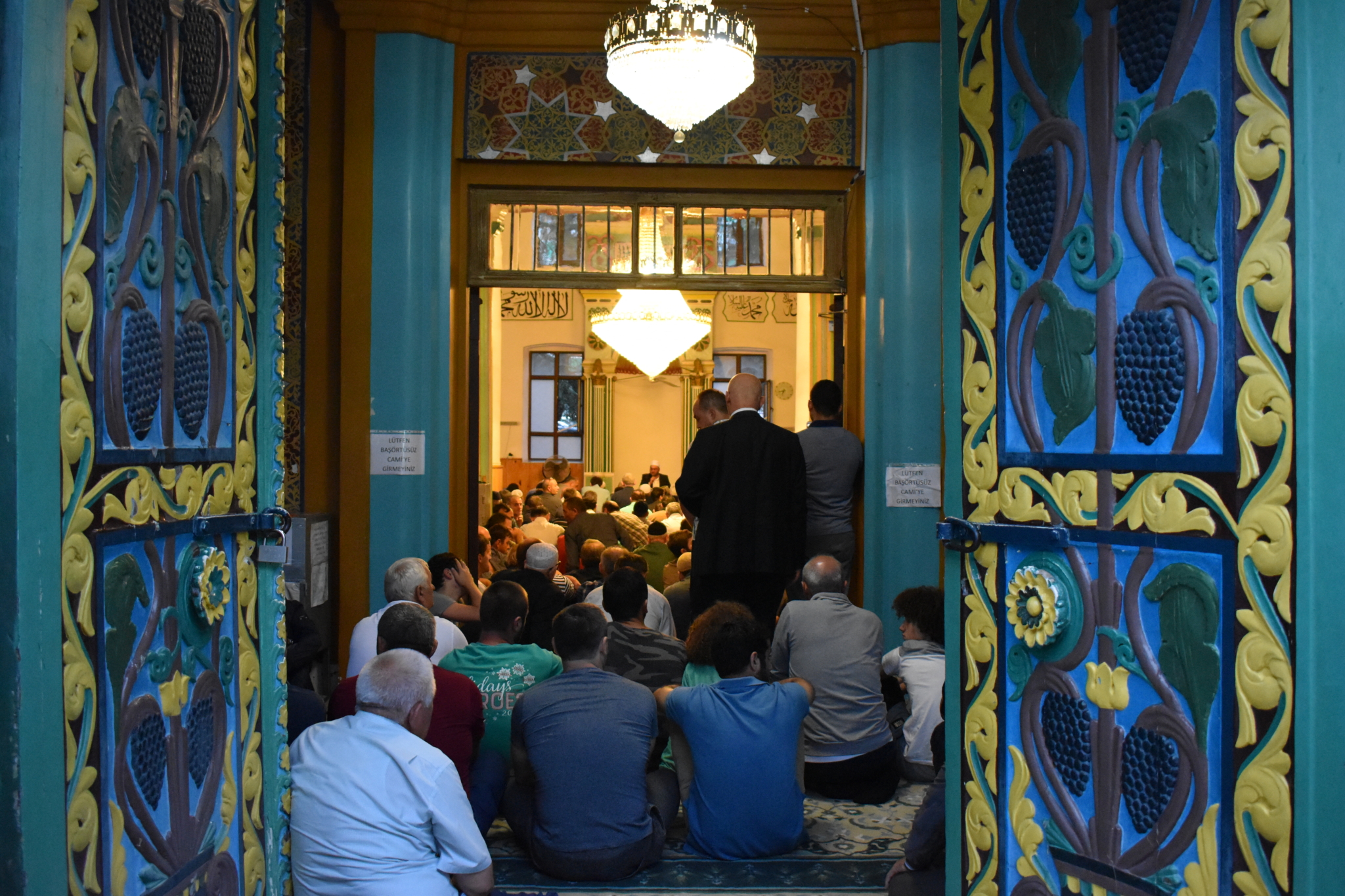Ten years of Georgian Dream: Successes and failures. Expert analysis
Successes and failures of Georgian Dream
It has been ten years since Georgian Dream defeated the former ruling National Movement party (created by imprisoned ex-president Mikheil Saakashvili) in parliamentary elections on October 1, 2012.
Thus Georgian Dream has ruled Georgia longer than any party in its independent history.
Its predecessor, the National Movement, led the country for nine years, while Eduard Shevardnadze’s Union of Citizens was dissolved ten years later.
The party founded by billionaire and oligarch Bidzina Ivanishvili came with big plans and promises. What successes have they achieved and what failures are associated with the ten-year period of Georgian Dream’s rule?
With these questions, JAMnews turned to experts from various fields.
Domestic politics
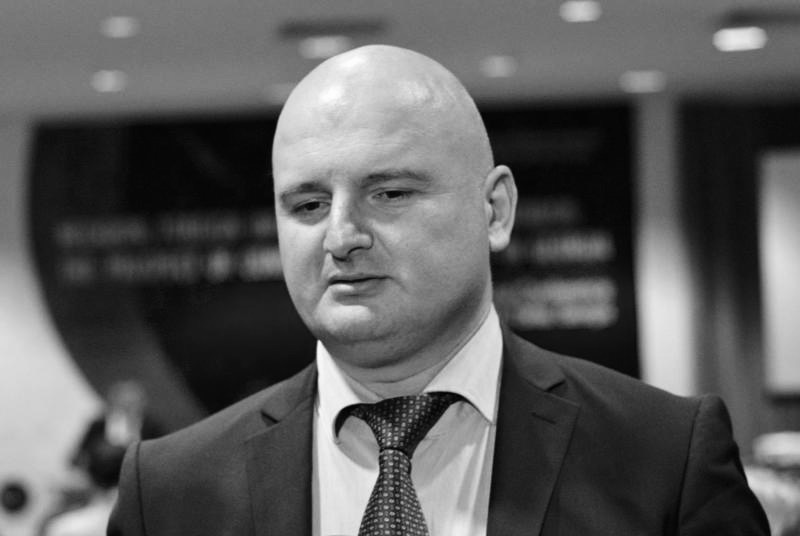
Corneli Kakachia, director of the Georgian Policy Institute
Successes and failures of Georgian Dream
successes
The government that was replaced by Georgian Dream had already had some signs of authoritarianism, and the peaceful change itself had a very good effect on the situation in Georgia and on the country’s international image.
By that time people were tired of the authoritarian tendencies of the previous government, and there was some hope that the new government would be able to introduce democratic methods of government with renewed vigor.
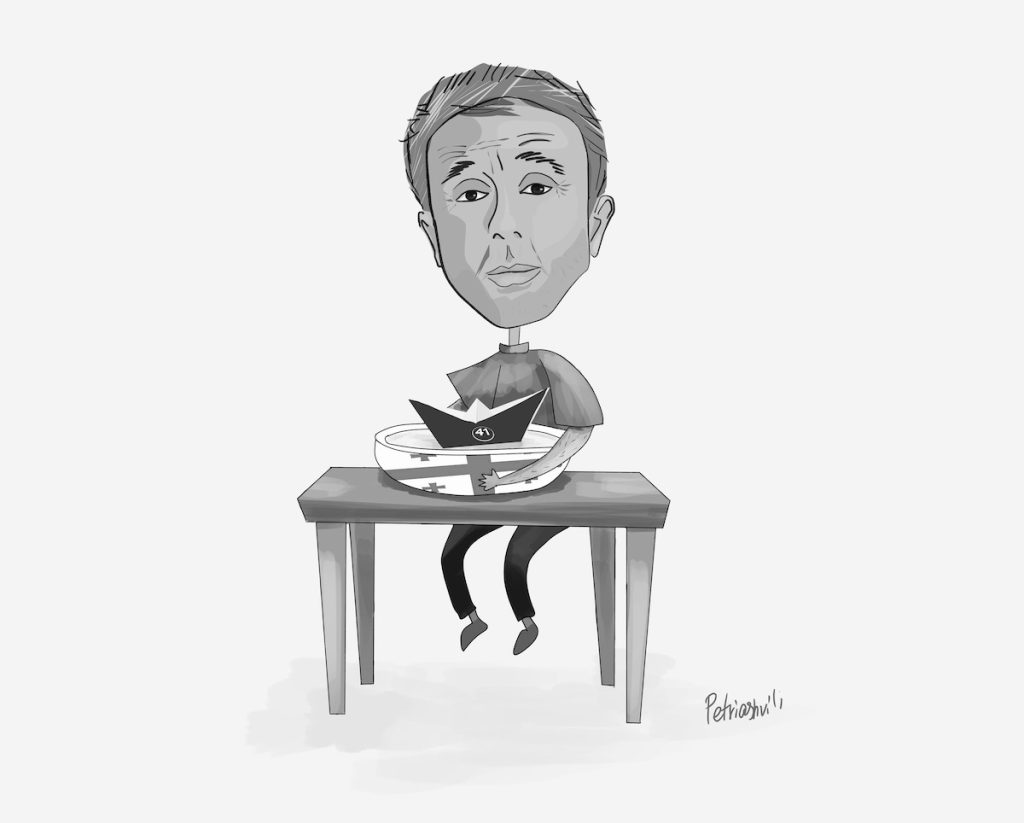
The first positive step in this direction was taken when a multi-party system, or at least its simulacrum, was realized.
But all this changed very soon. Actually, from the very beginning it was clear that the axis of power revolves around one person, who then became the informal leader.
failures
The main problem is that the country is run by an informal leader, as well as people loyal to him personally, outside of any constitutional framework.
Another problem is that the Georgian Dream government has never had any specific program at all.
They spent these ten years cursing the previous government.
Since being elected for a second term in 2016 this government has focused on one task: to maintain power at all costs. A confrontation with the West began, the erosion of civil society, the virtual disappearance of opposition political parties.
Foreign policy
Successes and failures of Georgian Dream

Kakha Gogolashvili, Director of the Center for European Studies
successes
The most important thing over the years has been the signing of an association agreement with the European Union, obtaining a visa-free policy for the countries of the Schengen zone, and, in general, the development of Georgia-EU relations.
One could say the strengthening of the European perspective is also a success. But I don’t know to what extent this is an achievement of the Georgian Dream itself, or the result of the defensive war waged by Ukraine.
failures
The main mistake is that international efforts have not been made to solve problems related to the territorial integrity of Georgia.
The concept of international relations means that the restoration of territorial integrity is our top priority. However, during the reign of the Georgian Dream, this issue has become less relevant for the international community.
There was no serious pressure on Russia to comply with the terms of the ceasefire agreement that was signed after the war in August 2008.
All this is the result of weakening foreign policy efforts.
There was also a failure in relations with Russia. Officials will object and say that we have never had such good relations with Russia. But it is a very big mistake to assess the situation this way.
This is not a friendly relationship. This is falling under the influence of Russia.
The government’s rhetoric towards the West has changed. It is difficult to say whether there will be a full reversal. It also depends on the outcome of the war in Ukraine.
- “Lack of political will” – Why Georgia does not join anti- Russian sanctions?
- Gratitude to oligarch: ruling Georgian Dream party celebrates its 10th anniversary
- What the flamingos in Ivanishvili’s dendrological park say about Georgia
If Georgia then needs Western support to free itself from the clutches of Russia, the West may decide that this is not in its interests. Because during this period Georgia has not shown itself as a country loyal to Europe and the Euro-Atlantic space.
It is also important what position Ukraine will take in relation to Georgia. After all, after the end of the war, its word can become decisive in the region.
Economy
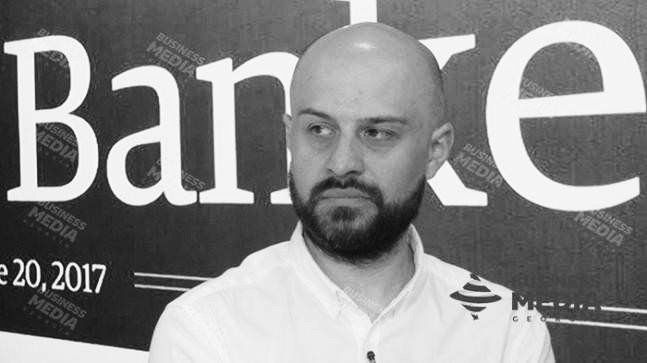
Beso Namchavadze, Transparency International – Senior Analyst for Georgia
Successes and failures of Georgian Dream
successes
The economic model that Georgian Dream came up with at the end of 2012 followed the one laid out by the previous government [under President Saakashvili]: simplified business rules, low taxes, little regulation, and free trade with many countries.
Therefore, the country continued to experience economic growth every year, except for 2020, when there was a recession due to the pandemic.
failures
The country could well have achieved greater economic growth, lower unemployment, higher wages in these ten years.
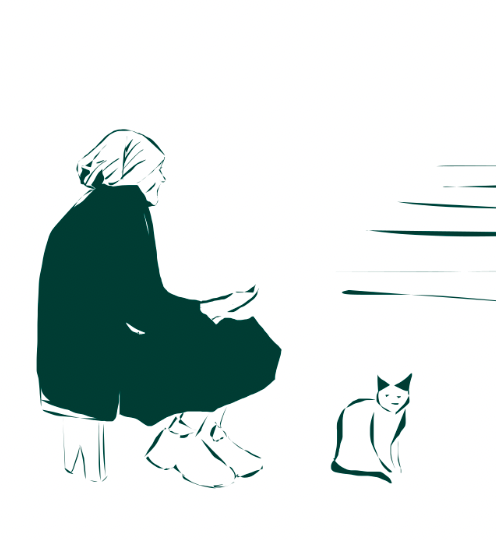
But the government failed to fully exploit this potential. The lari was devalued by almost two times, which led to an increase in the public debt. Prices have risen significantly.
Everything is interconnected. If the government spent less money we would have less debt, which would also help stabilize the exchange rate and prices. Billions of lari were wasted.
The halt in the construction of the port in Anaklia was a very big blow to the Georgian economy.
In addition to the loss of large investments, the potential of a new port was lost.
Money is still being spent on infrastructure, such as the Shah Deniz pipeline and other projects.
Economic rapprochement with Russia has created a new challenge.
Of course, this benefited Georgia. Income from tourism and trade has grown. Exports have grown, and wine exports in particular.
But, on the other hand, Georgia has become more dependent on the Russian economy, which is very dangerous.
If the country had an unambiguously pro-Western government, this might be less of a threat. But the opposite is the case.
Against the backdrop of economic dependence on Moscow, the government scares the population by saying if they do not want to communicate with Russia, they will not be able to sell wine and tourists will not come.
This became a political lever in the hands of the Georgian government, and thus the Russian government.
Social background (unemployment, poverty)
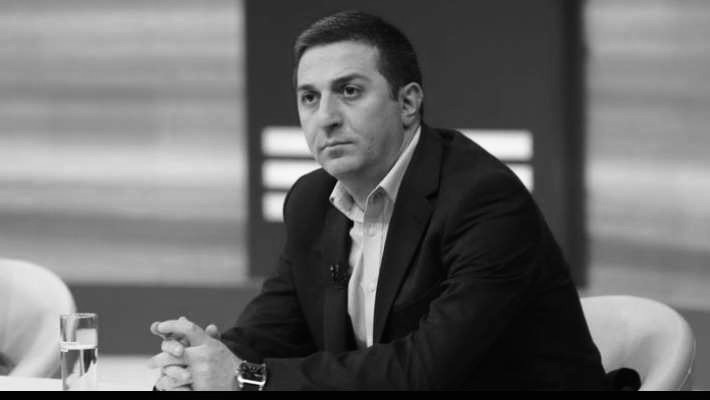
Giorgi Kepuladze, Founder of Society and Banks
Successes and failures of the Georgian Dream
successes
In absolute terms unemployment has declined since 2012, except during the pandemic. There is also economic growth.
It was also a good decision to abolish income tax.
Another success is the signing of a free trade agreement with Europe. Although this cannot be considered the merit of this particular government, because the foundation was prepared before that.
failures
Let’s take a closer look at these “successes” and understand what is really happening.
Minimal economic growth, as well as low rates of poverty and unemployment reduction, mean nothing for a country like Georgia. Moreover, it is rather a catastrophic result. Only very few areas are strengthened.
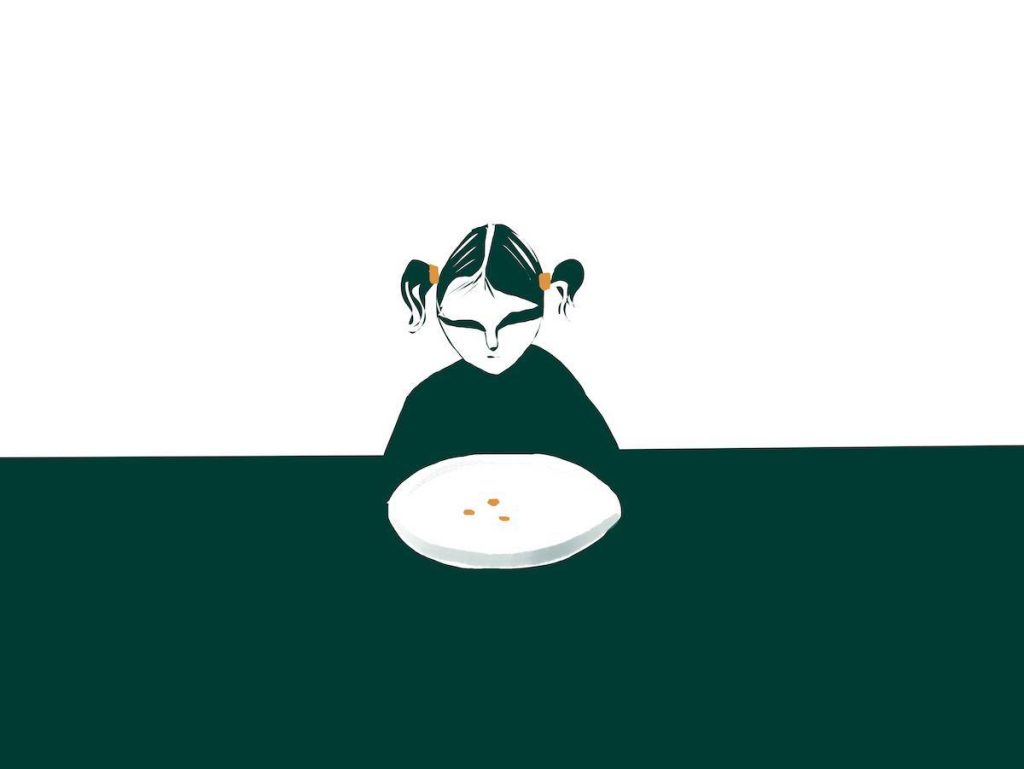
Over the past decade, there has been a significant increase in the number of socially vulnerable people, which in itself indicates a deterioration in the social background.
Workers’ income does not keep pace with expenses. After the pandemic, the inflation worsened.
Georgia has had double-digit inflation for two consecutive years. Prices of basic commodities rose catastrophically, again hitting the poor the hardest. Most of their expenses are utility bills, food, medicine and transportation.
Added to this is the great nihilism that prevails in society.
If the incumbent head of the country admits that even in ten-twenty years it will be impossible to employ everyone, and advises them leave to look for work abroad, what kind of development are we talking about? This is the face of the economic department of this government.
The main problem of the government is a lack of economic vision, it has not presented a plan for how it is going to develop the country.
Nihilism makes people go abroad. The latest NDI survey shows that the population does not see a future, and people expect the economic situation to worsen.
Judicial system

Zviad Koridze, Council Member of the Charter of Journalistic Ethics
successes
Among the positive examples I can mention the emergence of several influential, strong and editorially critical television stations.
However, this was caused by a negative event – the struggle of the government with the famous television company Rustavi-2.
The introduction of digital broadcasting has also been a positive development.
We can also highlight the fact that during this decade, a period of about two and a half years was very interesting on the public television of the Adhara region, under the leadership of Natia Kapanadze. It was the best example of how a public broadcaster can be truly public.
failures
The most negative thing the government has done is the campaign against Rustavi 2. As well as government attempts to turn society against critically working media.
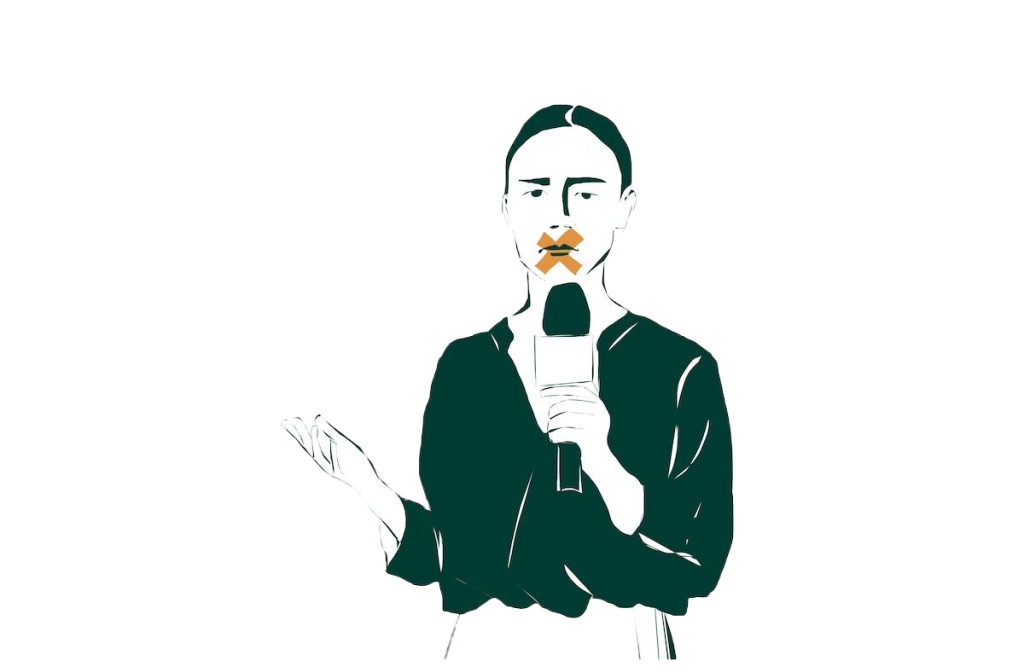
This policy peaked on July 5, 2021, when the government provoked various groups and spoke out against journalists.
After the attack in which dozens of reporters were injured, the perpetrators were not punished.
For me the most difficult moment in this decade was the story of Lekso Lashkarava, a cameraman who worked that day and was badly beaten by the mob, dying a few days later.
If society has lost the feeling that journalists are on its side, it will be obedient to the authorities to the end.
This government also made an unforgivable and cruel mistake in the case of Nika Gvaramia, the CEO of Georgia’s most popular opposition TV channel, Mtavari.
I think that this harassment, financial sanctions, attacks in the street, the death of Lekso Lashkarava and the pogroms and beatings on July 5 caused journalists to feel a need for self-censorship. Many journalists have become more cautious, many have left the profession, some have left the country, many have decided not to become journalists.
The negative point for the media is that the Communications Commission is trying to control the work of the media. The Communications Commission could not do this under the previous government. Not because I didn’t want to, there were just some barriers. Under this government, these barriers have been overcome.
Defense sphere

Zhana Sirbiladze, defense expert
Successes and failures of Georgian Dream
successes
Any success I can think of in this area is due either to NATO or the US, and to a lesser extent Georgia’s own defense system.
For example, there was no strategy, but partners helped to create it. They created the Cybersecurity Bureau, although how effective it is is a separate question.
I also consider investments in education in this area successful – the Cadet Lyceum and the National Defense Academy have been created.
In addition, the Defense Engineering School (DIBS) and the NATO-Georgia Joint Training and Evaluation Center (JTEC) were established as part of the NATO-Georgia Core Package adopted at the Wales Summit.
The function of one is to help the Ministry of Defense in its strategic vision, and the other is to train Georgian soldiers in practical skills.
Also, Stratcom was created with the financial support of the United States of America. The main idea is to properly communicate with the public and dispel misinformation.
However, if you look at their website now, they are mostly busy responding to critical media posts.
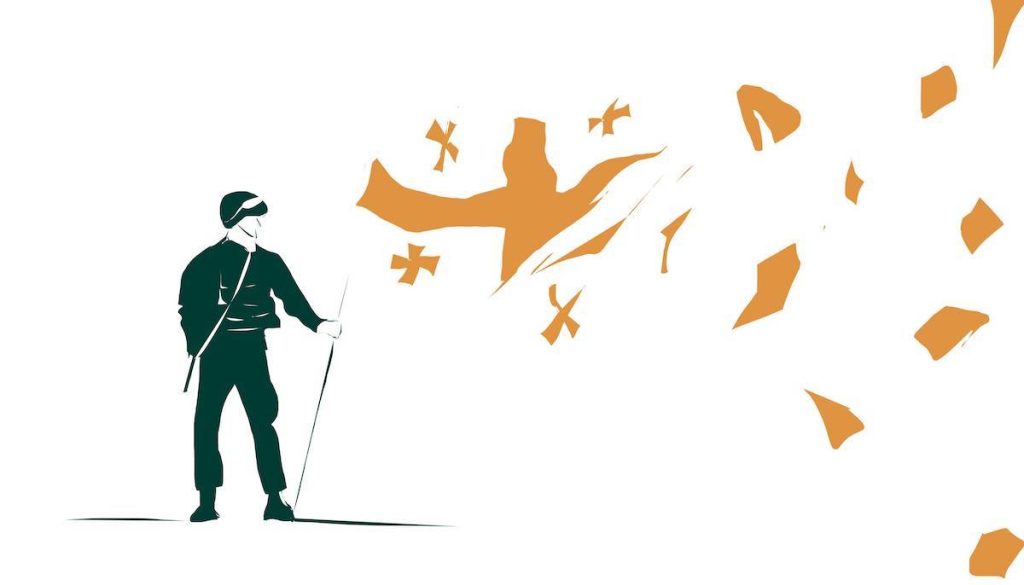
failures
I do not remember such a mass exodus from the army as is happening now. I taught at the Defense Academy, and the vast majority of my cadets left Georgia.
Officers with higher education are leaving en masse because they do not see any prospects in their country.
We do not have qualified military personnel who will educate future officers with the right values and, in addition, have the appropriate knowledge.
The problem is nepotism – for example, it takes many years to go from rank to rank, from major to lieutenant colonel, or someone has to call, someone has to help you, etc.
NATO’s main requirement is to have a strategic vision and resilience, which requires working under a unified plan. But when a new minister comes in, he changes the system. And then another one comes along and everything starts all over again.
For ten years the Georgian army has undergone more degradation than progress. And if this continues, we will not really have an army.
EducationEducation
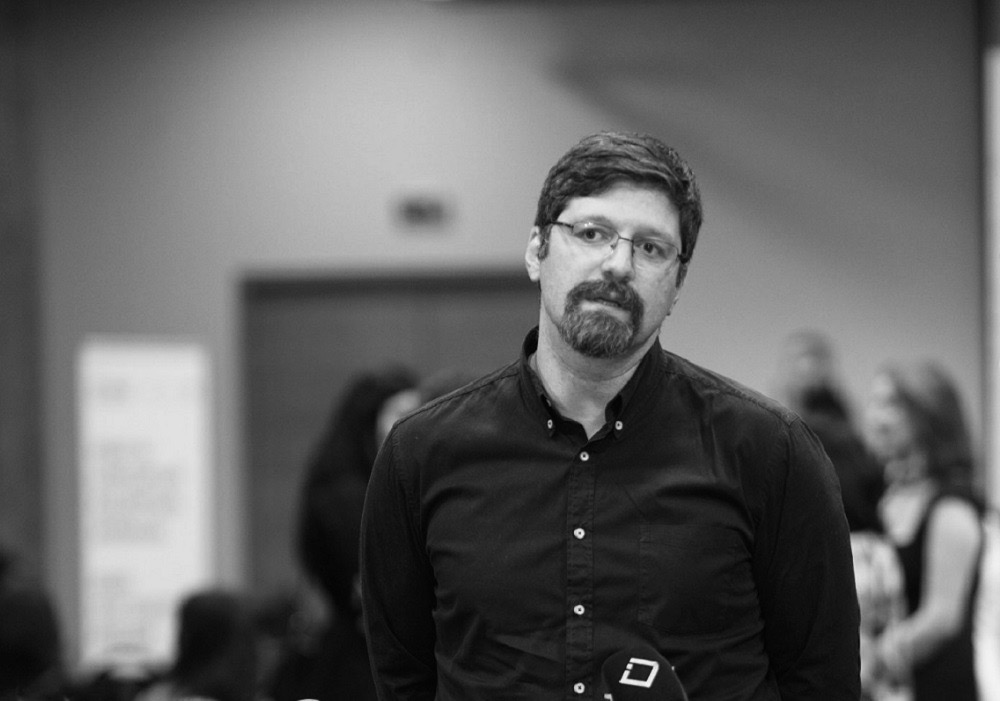
Simon Janashia, Education Researcher
Successes and failures of Georgian Dream
successes
There are significantly more schools for children with special educational needs in Georgia. Over the years the budget in education as a whole has grown a lot. This can be considered an achievement.
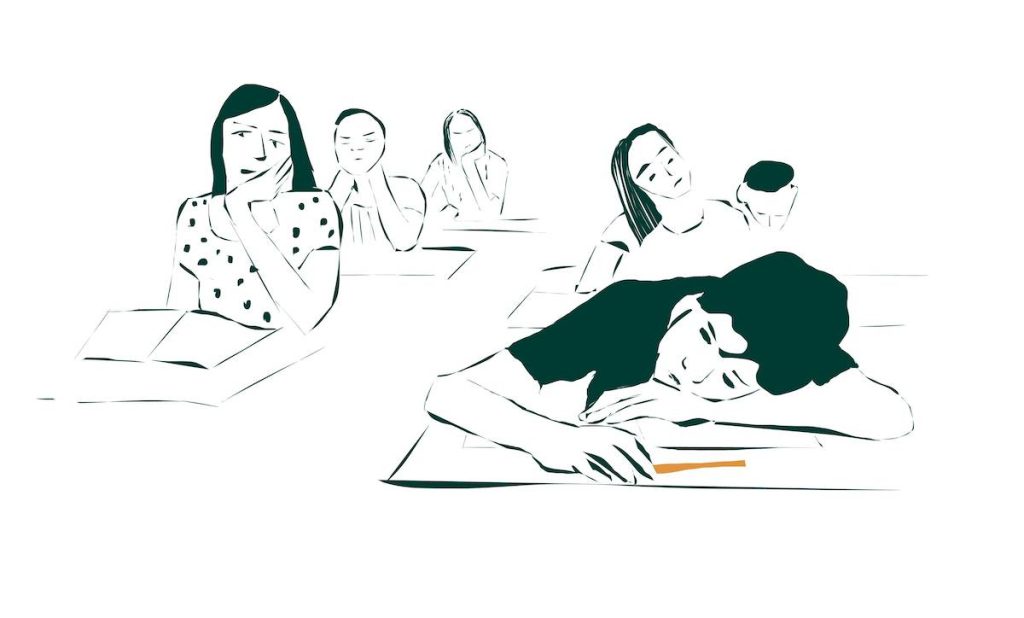
failures
Children in the capital have access to better education than in other cities. And children in other cities receive a better education than children in rural areas.
Inequality is observed at all levels – preschool, school and university. And little is being done to reduce this disparity.
Also, special programs for children with learning problems were not created due to social conditions.
The second major problem is that initial promises to depoliticize schools are not being kept. On the contrary, in recent years the situation has become more difficult.
The authorities control public schools in order to mobilize voters through them in favor of Georgian Dream.
Controlling directors, firing them for political reasons, forcing them to participate in election cycles are many examples.
It also recently became clear that even if the Ministry of Education approves of a director, but the state security service says that they arepolitically disloyal and should be fired, then the ministry is obliged to obey.
Corruption

Giorgi Oniani, Deputy Director of Transparency International – Georgia
successes
In general, the large-scale results of the reforms of the early 2000s, when corruption was eliminated at a low level, have been preserved. In particular, there are no so-called “traffic cops” on the roads who need to be bribed. And you don’t have to pay money for entering the university.
failures
The main problem is corruption at the highest level, equal to what happened during Shevardnadze’s rule, and a very selective investigation of the facts of this corruption.
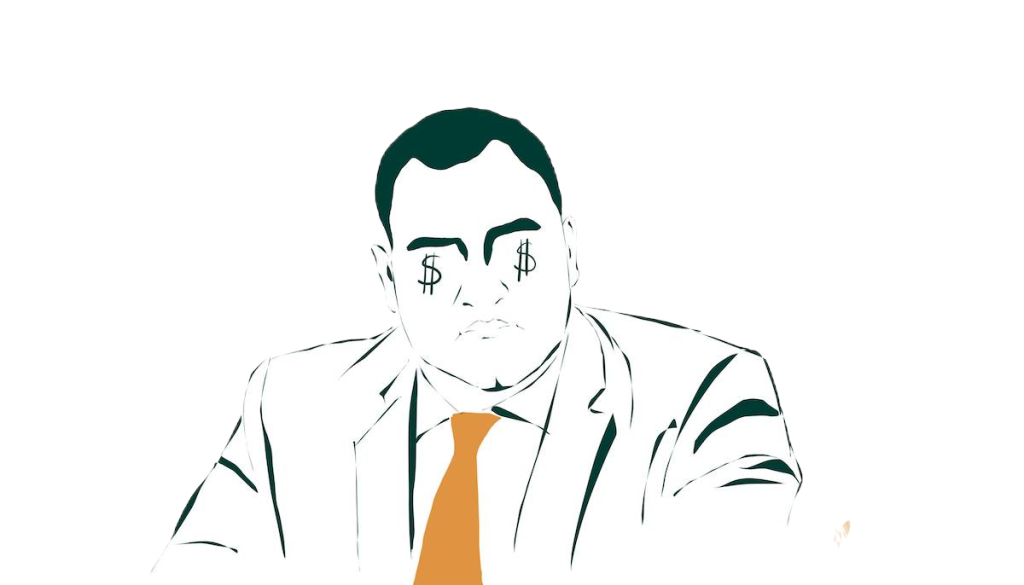
Corruption is one of the most destructive factors that undermine the state and effective governance.
A citizen may not realize that this directly affects his life, although each stolen lari detracts from the well-being of everyone.
Also a big problem is the unprecedented scale of the capture of branches of power in the state. No state body, except for the institution of the ombudsman and sometimes the state audit service, can oppose the will of the ruling party.
And the ruling party itself is completely subordinate to the former prime minister and oligarch Ivanishvili. He makes major decisions.
Corruption should not be viewed only as the taking and giving of bribes. Misuse of state institutions, control is also corruption, political corruption.
For example, when some officials cheaply grab large plots of land and register them for members of their family. There is no bribery in this situation. But this is corruption.
Human rights
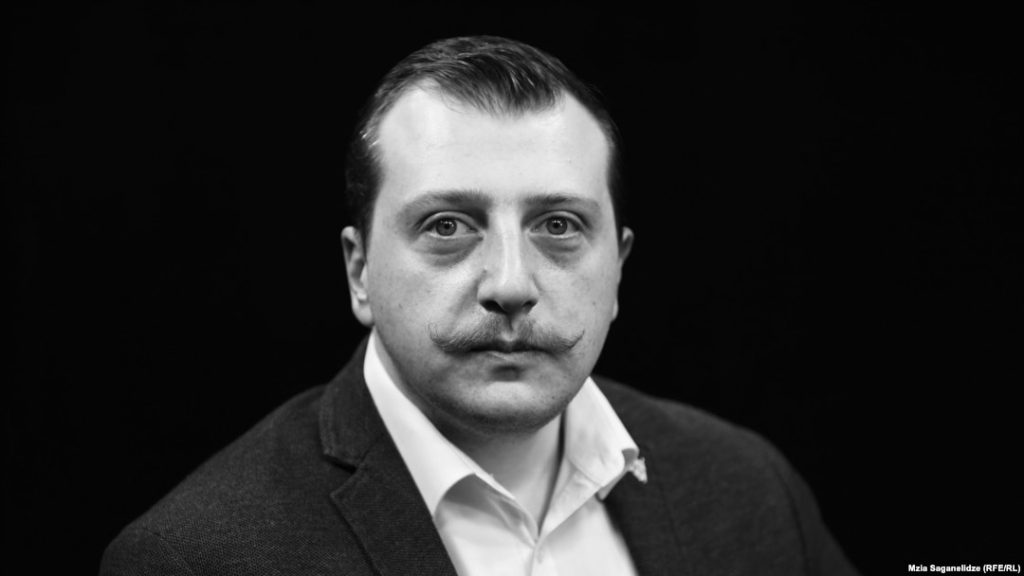
Giorgi Burjanadze, Deputy Public Defender of Georgia
successes
The biggest achievement was the creation of a separate investigative body for cases of torture and ill-treatment. But subsequently the office of the state inspector was abolished, and this dealt a huge blow to this achievement.
failures
Of course, the main failure is the judicial system. It doesn’t matter how far a country has advanced in respecting certain rights if the country does not have an independent judiciary. It is pointless.
The second issue is privacy legislation and unregulated oversight, it affects everything. Again and again secretly made recordings and video of people’s personal lives are being circulated.
Religious minorities
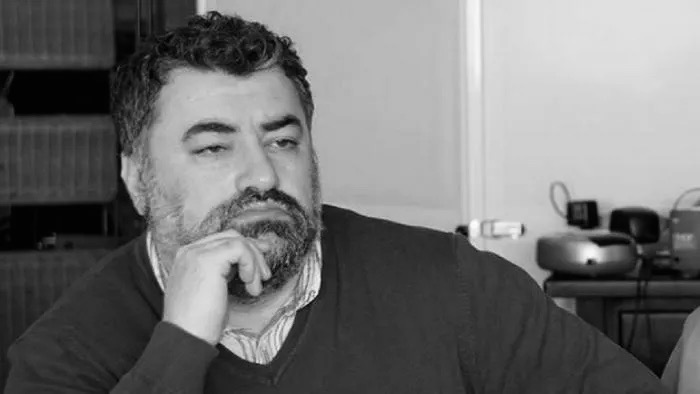
Beka Mindiashvili, theologian, head of the Tolerance Center under the Ombudsman
Successes and failures of Georgian Dream
successes
In 2017 the Constitutional Court ruled in two cases, eliminating tax imbalances in two components. Everyone pays the same taxes today.
It was a success that, despite the government’s efforts, no separate law on religion was passed.
There was also an attempt to start teaching religion in schools, but this initiative was also stopped. It is very good that the concept of diversity is taken into account in the process of writing textbooks. The textbook should not promote discrimination or hate speech and should reflect diversity. This is the result of very good cooperation between the Ministry of Education and the Public Defender.
It is an achievement that for the first time in the post-Soviet history of Georgia, a person who not only openly declares that he is a Muslim, but also actively defends the rights of Muslims, has entered the parliament. I mean Tariel Nakaidze. But this is not the merit of the authorities, it was chosen by the people.
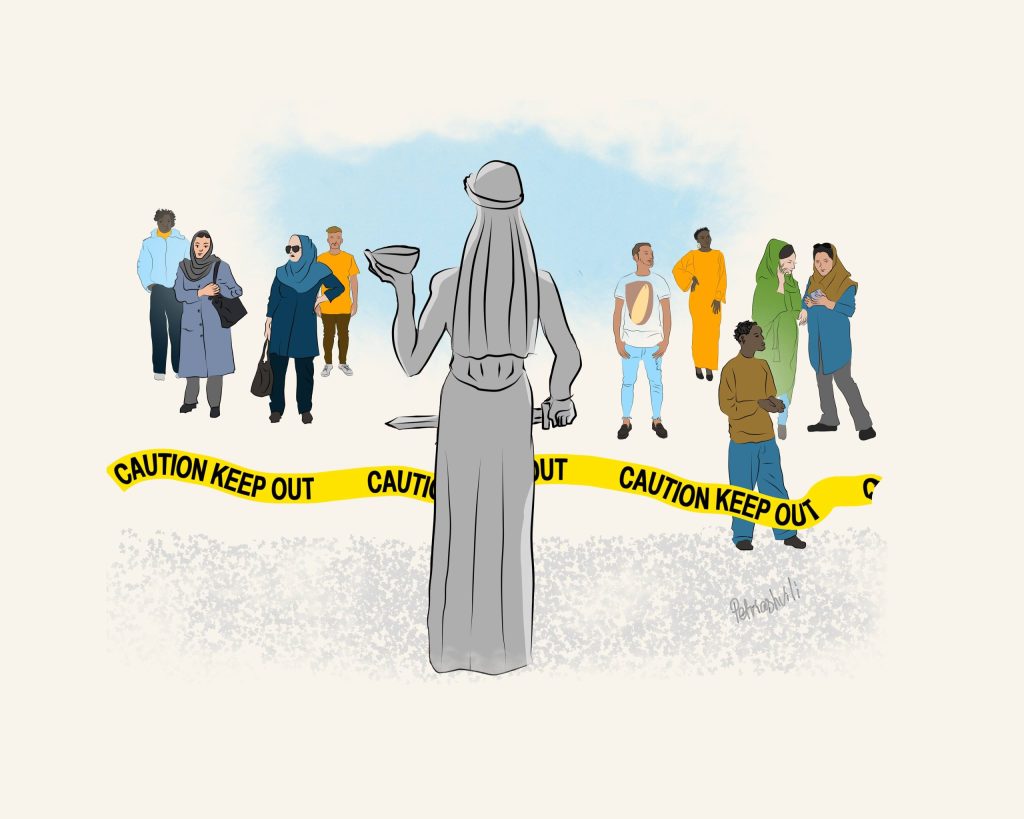
failures
As soon as the Georgian Dream came to power, persecution of Muslims began in the country. In 2012-2016 there was a series of such incidents, starting with the hanging of a pig’s head near the madrasah in Kobuleti, etc.
These cases are either shelved or are being investigated inefficiently.
For many years public attitudes towards religious minorities have remained invariably intolerant. It is still difficult for people of non-Orthodox faith to speak openly about it. I call it the tyranny of the majority.
This is the role of the state – to act in such a way as to dispel this fear. And this can be achieved if we respond harshly to violations of the law.
To this day the anti-Muslim campaign continues in the country. For example, in Batumi, where Muslims bought land, the government does not allow them to build a mosque.
Ethnic minorities
Successes and failures of Georgian Dream
successes
Adoption of a law on non-discrimination and strengthening the fight against discriminatory crimes in the Ministry of Internal Affairs.
I approve of the program for preferential higher education for national minorities 1+4. It was started under the previous government, and Georgian Dream continued it. They haven’t taken it to the next level though.
failures
The lack of an equal environment for ethnic minorities, social alienation and isolation are so obvious that in some cases they create conflict risks.
Complete stagnation in the integration policy. The new generation is politically disillusioned.
Among them are participants of the 1+4 program who have received education, read critical texts, learned Georgian well, but understand that reality does not change.
Ideas of equality have disappeared from the agenda, including in relation to the state language. Instead – outright chauvinistic rhetoric.
It is especially aggressive on the part of the newly emerged ultra-nationalist groups to which the government shows open loyalty.
We often hear non-secular, nationalistic, conservative messages from the ruling party, which has a strong influence on ethnic minorities in general.
LGBT rights

Anna Subeliani, co-director of Tbilisi Pride
Successes and failures of Georgian Dream
successes
This decade has been a period of great courage for LGBTQI people. Firstly, it is very clear that the voice of LGBTQI people has become better heard. They began to speak openly with the rest of society about the problems they face in everyday life.
The struggle to be visible in society costs us dearly in many cases. But change is coming.
Research also proves that society’s attitudes have changed for the better. A relatively young queer generation is seeing change. They say they have the ability to feel safe in some spaces.
The club and underground culture makes a great contribution.
As for the role of the state, the only positive thing that comes to mind is an anti-discrimination law that can be used effectively in certain cases.
failures
Real life does not correspond at all to what is written in the concept of anti-discrimination legislation. The government tolerates hate crimes and even facilitates and encourages them.
There are significant gaps in the effectiveness of the investigation of crimes motivated by discrimination and hate. Examples of this are May 17, July 5 and many other events, when the authorities very effectively used homophobic hatred on the part of radical groups to split society, incite discord and discredit civil society.
A huge challenge for the LGBTQI community is that our rights are often subject to political manipulation and trade.
The influence of Russia and, accordingly, the role of the church and radical groups, as well as their alliance with the government, are problematic.
It is also wrong to state in the constitution that marriage is the union of a man and a woman.
Successes and failures of Georgian Dream











